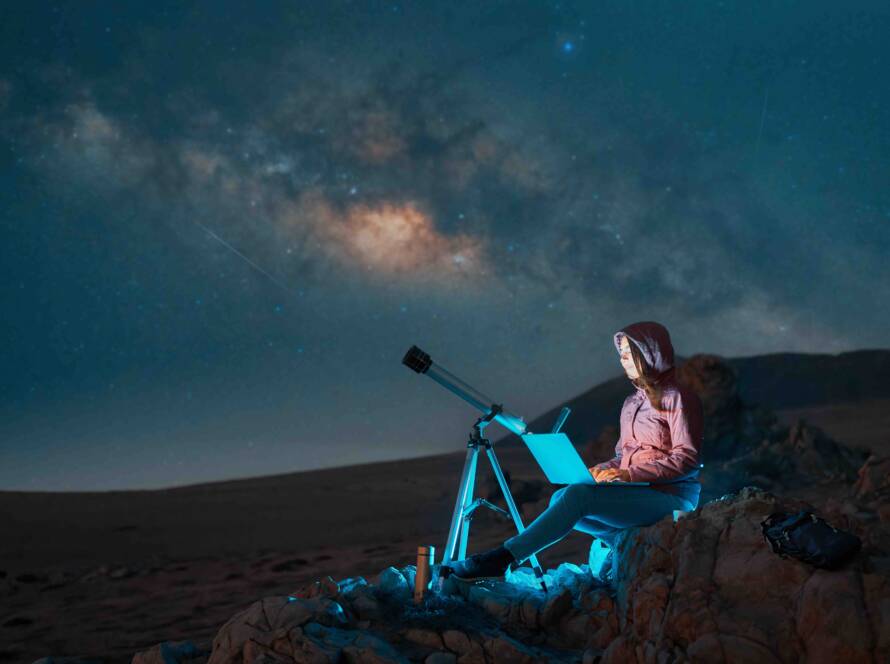By Tanish Lad
With missions such as NASA’s Artemis program aiming to return humans to the Moon, and ambitious planson Mars, developments in the field of space exploration have become more captivating than ever before. Now, it is important to know that this generation is at a critical crossroads where factors of curiosity, technology, and opportunity come together, and thus they have the chance to become pioneers for the next generation.
One of the key points is the contribution of space to Gen Z for the reason that space and the breakthrough it brings can directly affect the daily lifestyle of people. From a historical perspective, space exploration has acted as a catalyst for the creation of various ground-breaking advancements many of which have become everyday items. These technologies include:
- GPS
- Satellite communications such as television broadcasting
- Phone cameras
- Water purification systems
- Furthering development for mobile devices

As space agencies and private companies work on the development of sustainable lunar habitats, we are seeing the emergence of new technologies in renewable energy, recycling, and resource management. All of these new technologies will have a significant impact on Earth’s life and how future generations survive and thrive.
With Gen Z’s access to knowledge and a wide range of resources to learn about space, there is a drive from our generation to contribute to this sector. This implementation of more space programs and initiatives where we can learn and explore opportunities before we begin our career paths, would be beneficial to both industry and youth.
Ongoing climate change and environmental issues pose unique challenges for Gen Z. Thus far, Gen Z is the most climate-sensitive generation, and the most suitable candidate for using space technology for the conservation of the natural environment and problem solving for climate adaptation and change.
Satellites are used to analyze:
- climate change
- reducing forest areas
- environmental pollution rates around the planet
- essential data that is acted on by global environmental policies
Space technology has given us the ability to understand the Earth’s systems and address environmental challenges. In the future, the invention and tracking of more Earth observation satellites will provide data analytics opportunities and real-time observation so we can more more responsible decisions. As a result, Gen Z will be more effectively prepared to analyze, problem solve, and contribute to a greener future.
About the Writer
Tanish is dedicated to leading projects in the field of Computer Science, and he’s a part of the NGen Youth Advisory Team.


